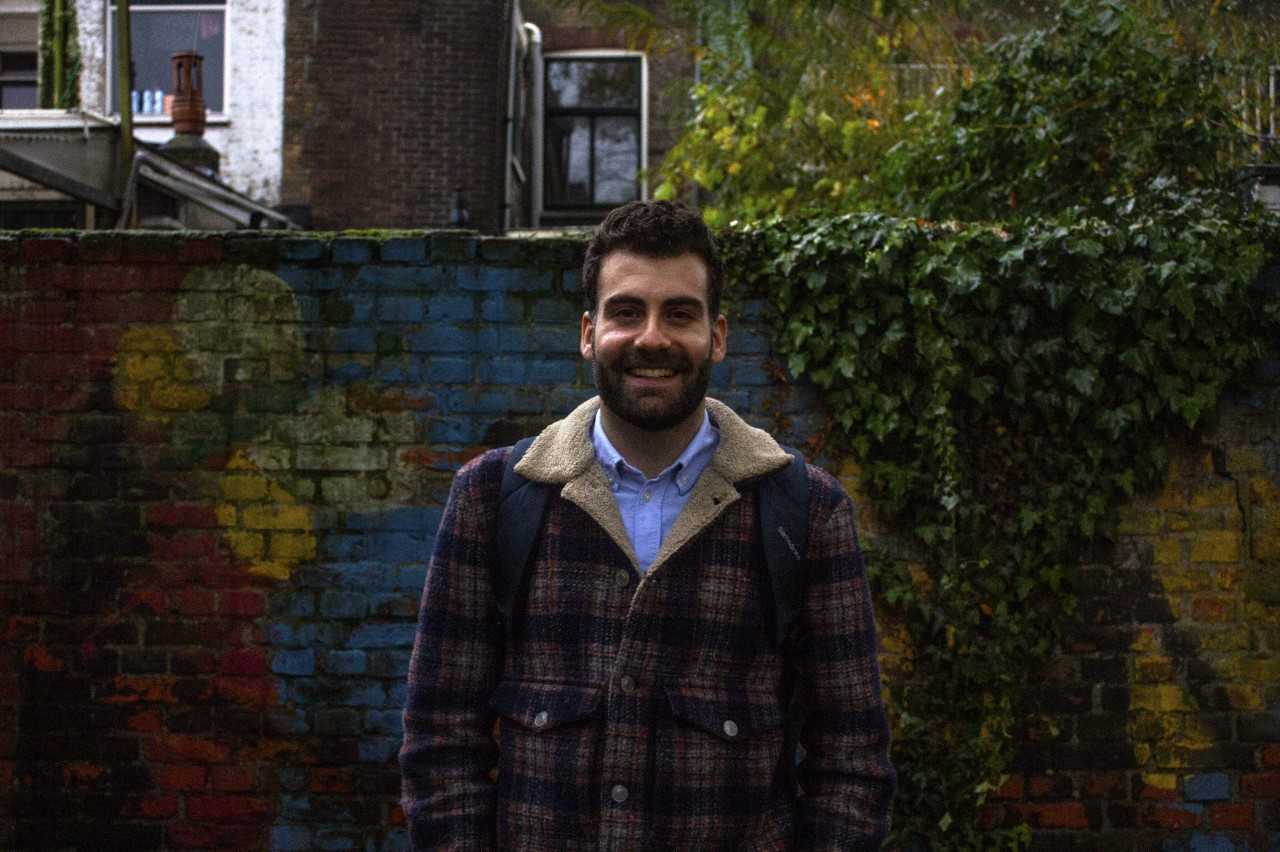Why was the University PhD Council unable to get PhD candidates into the Works Council, and why is that a problem? President Vittorio Nespeca explains.
Vittorio Nespeca: “Mental well-being and work pressure are important topics for us.” (Photo: Vittorio Nespeca)
The representative body for PhD candidates at university level, the University PhD Council (or UPC), again failed to find PhD candidate nominees for the Works Council. In September, a few weeks before the deadline for nominees to stand, UPC President Vittorio Nespeca had high hopes. But, as was the case in the previous elections three years ago, PhD candidates will not be represented on the Works Council.
Why didn’t you succeed in getting PhD representation in the elections?
“There were two main impediments. We had three candidates, but one didn’t meet the criterion of TU Delft employment. In fact, less than half of all PhD candidates are employees. Some are self-funded, others have scholarships. That brings complications as they don’t have the same rights as employees even though they work here. Another problem is that PhD candidates have temporary contracts and often don’t have the time to extend their contracts because others are dependent on their work. The minimum commitment period for the Works Council is 1.5 years. We propose to make it one year with the possibility to extend.”
Why it is important that PhD candidates have one or more seats on the Works Council?
“They have first-hand experience of working as a PhD candidate and are in close contact with others through the PhD councils. At the moment, our only formal role as PhDs at TU Delft is in the doctoral advisory board. We don’t have an official say anywhere else.”
What issues should be addressed in the coming period?
“There are many: the fact that many of us are not employees, salary, finding accommodation. And there is more, for instance the duration of our contracts. PhDs should be done in four years, but it usually takes longer, especially in some faculties. This makes it an organisational culture issue instead of an individual one. Mental well-being and work pressure are other important topics for us, as is the discussion on how to prepare for a career inside or outside academia. We would like PhD candidates to use the opportunities they are offered to do internships in industry or other research institutes without taking time from their PhDs.”
How is the corona crisis affecting PhD candidates?
“We worry about the PhD candidates who are at the end of their contracts and who have been delayed, for instance because they were stuck on another continent, or could not collect data or work in a lab. We know that the Collective Labour Agreement (CAO) has agreed a compensation for extensions and we know that the faculty deans will decide who qualifies, but we still don’t know what the criteria are. There hasn’t been much clear communication on this, but we would like to know what to expect. We have asked to be part of the discussion about the criteria, but that hasn’t happened. Also, the CAO does not cover non-employee PhD candidates, leaving them without funding for extensions. This is another disparity between employee and non-employee PhD candidates.”
Do you have a question or comment about this article?
s.m.bonger@tudelft.nl


Comments are closed.